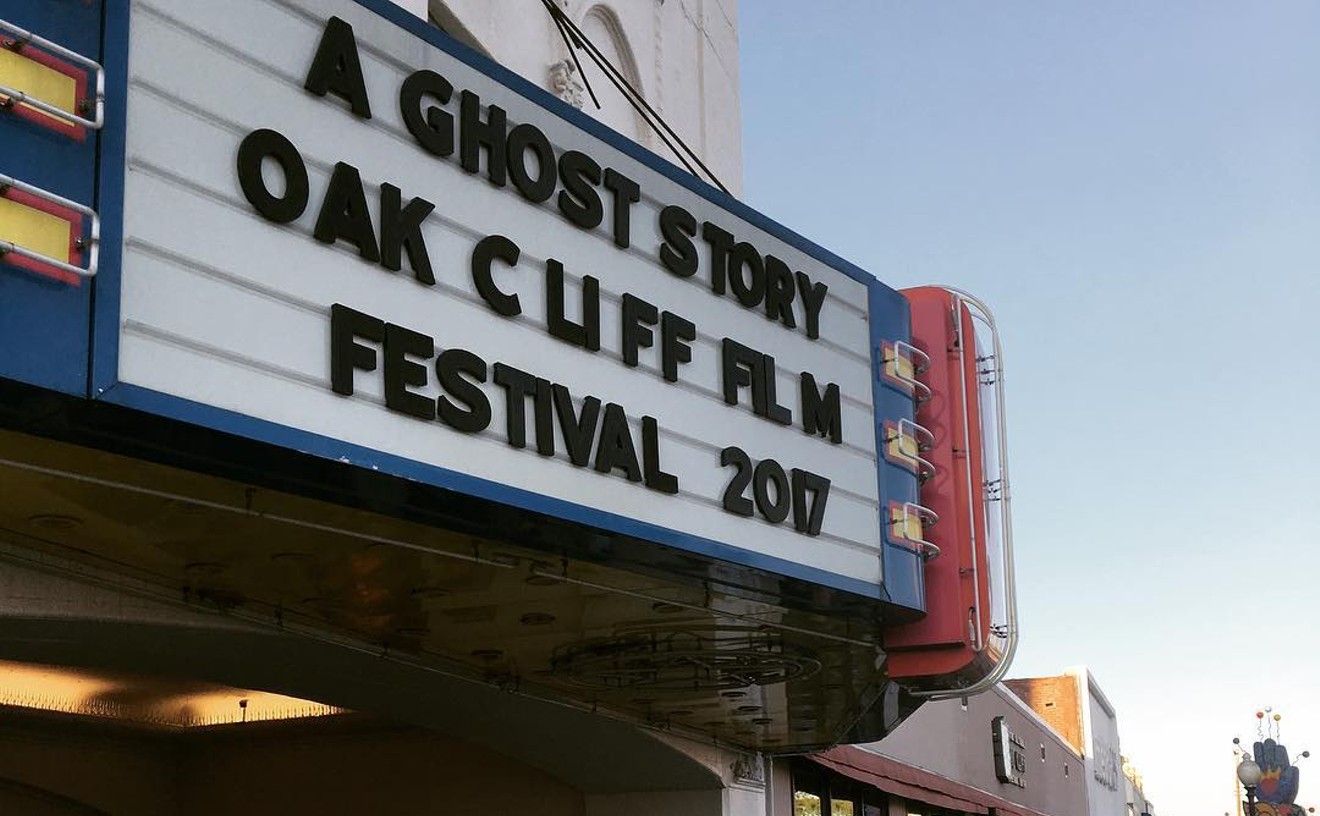The sad truth of it is that we at the Dallas Observer were no better, not finding out about Taylor's passing until a week later. And we didn't appreciate his later work on Malaco Records--where he recorded from 1984 until his death--as much as we probably should have, not paying attention to a man who was just as vital in his 60s as he was in his 20s, only getting better with age. He was a legend, and as with so many performers who carry that albatross around their neck, no one cared.
Though we know it's too late to make it up to him, maybe someone out there will at long last recognize the greatness that is Johnnie Taylor. With that in mind, here is Robert Wilonsky's review (which first appeared in April 22, 1999) of what is perhaps Taylor's finest album, 1976's Eargasm, which was finally issued on CD just last year. But don't stop there: 1968's Who's Makin' Love? and all of the albums he recorded for Stax Records in the 1960s and early '70s are worth a spin. You owe him that much.
Ain't no singer alive with more style and class than Johnnie Taylor. Last time I saw the man, he was sitting in a booth in dusty, now-defunct Naomi's, wearing a crisp suit and shiny jewels, and it looked as though he sat beneath his own spotlight. Seldom had a man looked more exquisite, or more out of place--the sun come out at midnight. The Dallas resident is the ultimate vet of the gone-underground R&B scene, a singer connected by history and heritage to everything from doo-wop to gospel to Sam Cooke to Junior Parker to Stax/Volt to disco and beyond and back again. Taylor filled Cooke's shoes in the Soul Stirrers when Sam went pop for good in 1957, and when Cooke started SAR Records in 1960, he added Taylor to the roster. But when Cooke was killed in December 1964, it devastated Taylor: Cooke was gunned down just a couple of days after working on a Taylor recording session, the last time Cooke ever stepped into a studio.
Two years later, in 1966, Taylor became part of the Stax stable in Memphis, and though his name would never be mentioned in the same breath as Otis Redding, he racked up a considerable number of hits for the label and, in the end, embodied the label's gritty, come-to-Jesus-in-the-bedroom style. If Cooke represented R&B's clean pop side, Taylor was the guy who sang with a leer behind bright eyes; the man recounted back-door love affairs through the deep, luxuriant voice of a minister delivering a sermon against such things. He was Al Green without the high notes, Otis Redding without the smile, Sam and Dave in the body of one man. Still is, in fact--the best damned singer this side of his old pal Bobby Patterson.
Although he charted almost every time out, sometimes at No. 1, Taylor didn't bust out of the R&B-chart ghetto till he hit in 1976 with "Disco Lady" from Eargasm, which is finally getting a proper CD release, with two unnecessary bonus tracks (including "Disco Lady," with a J.T. rap!). Even now, the platinum title track--with its chorus of "Move it in, move it around / Disco Lady / Hey Sexy Lady / Said I like the way you move your thing"--transcends the genre, because it's more soul than disco, more late-night living room than dance floor, more flesh than flash.
It's the best thing about a wonderful record (recorded in Memphis and Dallas) full of la-de-de, la-da-dum-da choruses and it-don't-hurt-me verses; the man could sing about infidelity and made it signify even among the most faithful. One minute he's telling his lady she's "the best girl in the world"; the next, he's telling her goodbye, claiming he's "tired of lying"; and by the end, he's asking his baby back, begging her to help him "pick up the pieces." Only Greg Dulli makes concept records like this; the only difference is Taylor, with the help of P-Funk refugees Bootsy Collins and Bernie Worrell, means it in his bones. J.T. don't know from irony, only what's in his big, hard heart.
Robert Wilonsky










